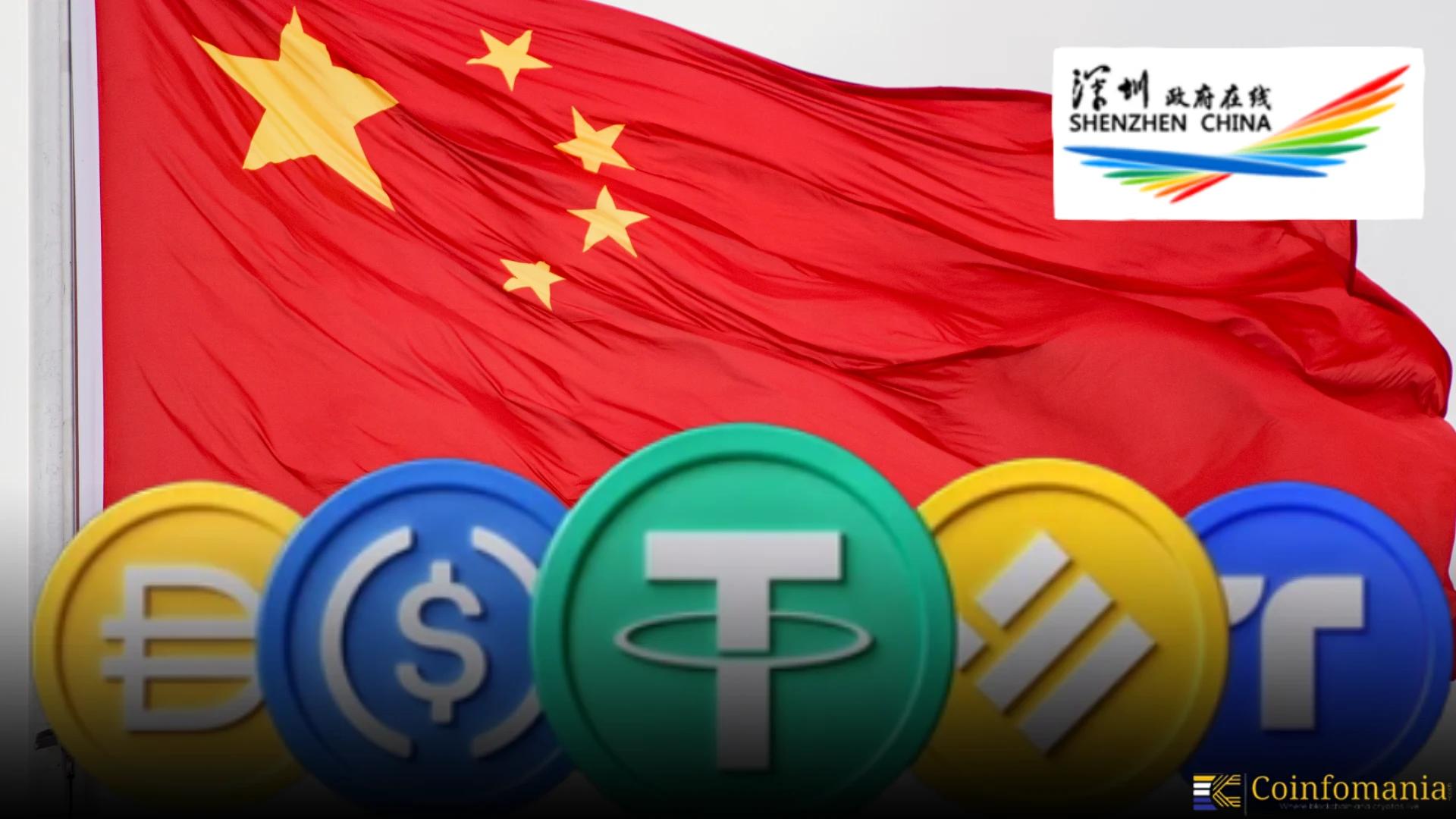Shenzhen Government Issues Warning on Stablecoin Scams
Shenzhen government warns of rising scams involving stablecoins and digital assets, urging citizens to avoid unregulated schemes.

Quick Take
Summary is AI generated, newsroom reviewed.
Shenzhen flags stablecoins as a vehicle for scams, including illegal fundraising and fraud.
Local government warns that public speculation around digital assets could threaten financial order.
China reiterates its stance against unregulated crypto projects and urges public vigilance.
The Shenzhen government has issued a strong warning about scams linked to stablecoins and digital assets. On July 7, local authorities said some shady groups are using the growing interest in stablecoins to trick people into fake investment schemes.
These illegal operations use buzzwords like “virtual currency” and “financial innovation” to look legit. But behind the flashy language, they are accused of luring people into illegal fundraising, fraud, gambling, and even money laundering. Officials say this puts both people’s savings and the financial system at risk.
No License, No Protections: Authorities Issue a Stern Reminder
According to Shenzhen’s Task Force for Preventing and Combating Illegal Financial Activities. Some companies are pretending to offer investment opportunities involving stablecoins. They use complicated terms and exaggerated promises to confuse people. Especially those who don’t fully understand how digital assets work.
These groups claim to sell “virtual assets” or “digital wealth” that will grow fast. But in reality, they are running illegal fundraising or pyramid schemes. Some are not registered or approved by China’s financial authorities. That means they have no legal right to collect money from the public.
Ongoing Crackdown Reflects China’s Regulatory Stance
The government’s statement was clear: anyone who joins these fake schemes is taking a big risk. China has strict rules against illegal fundraising. If you put money into one of these scams and lose it, the law says the loss is on you, not the government.
Officials are urging the public to be cautious. Don’t believe high-return promises. Avoid speculative crypto projects that lack clear regulatory backing or verifiable information. And don’t send your money to anyone who can’t show proper licenses or approvals. “Be smart about your money,” the notice said. “Know where it’s going. Don’t get fooled by hype.”
Public Vigilance Urged, Whistleblowers to Be Rewarded
Shenzhen’s task force is also asking people to report anything suspicious. If you know of a company or person collecting money using stablecoins, you’re encouraged to alert local authorities. Informants who provide useful tips may even be rewarded.
This isn’t just about catching scammers after the fact. The government wants to cut the damage off at the source, and that means staying one step ahead. By urging the public to report suspicious activity, they’re turning citizens into the first line of defense.
Why It Matters Beyond China
This latest warning fits into a larger pattern in China. The country has already banned crypto trading and mining. While it supports some blockchain tech, the government doesn’t trust crypto projects that operate outside of state control.
Shenzhen’s move also comes as China pushes ahead with its state-backed digital currency, the digital yuan. That makes the government extra cautious about private crypto schemes trying to fill the same space. Authorities want to make sure that innovation in finance doesn’t lead to financial chaos. And they’re signaling that unlicensed stablecoin schemes won’t be tolerated.
Investor Warning in Focus
Shenzhen warning is more than just a local announcement. It’s a message that the hype around crypto and stablecoins still comes with serious risks. Especially when bad actors are involved. For investors, it’s a reminder to think twice before jumping into a deal that sounds too good to be true. When it comes to digital assets, transparency and regulation matter; without them, even stablecoins can lead to unstable outcomes.
Follow us on Google News
Get the latest crypto insights and updates.
Related Posts

Bitcoin Hashrate Falls Sharply as US Winter Storm Forces Mining Shutdowns
Vandit Grover
Author

Bitcoin Sudden Drop Sends Shockwaves Through the Crypto Market
Vandit Grover
Author

Hong Kong Regulator to Issue First Stablecoin Licences in March
Shweta Chakrawarty
Author